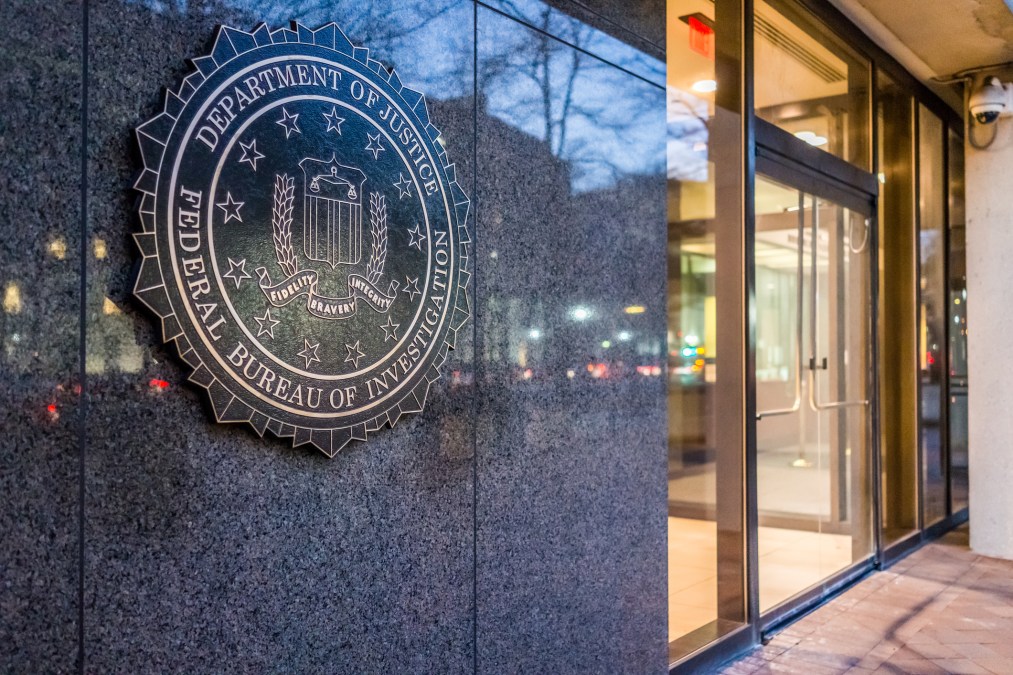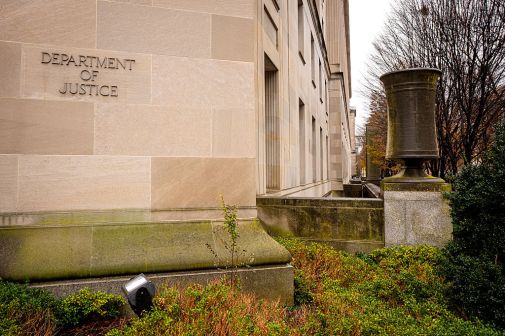Can AI help catch criminals where a fingerprint fails?

Creative criminals are increasingly altering their own fingerprints as a way to evade detection, theFederal Bureau of Investigation has found. But the FBI hopes an emerging technology can help fill this critical gap.
The agency recently issued a request for information (RFI) seeking industry expertise on “the use of Artificial Intelligence (AI) in the context of altered fingerprint detection and matching.”
The FBI thinks AI could provide a key new capacity to its Next Generation Identification (NGI) system, which the agency claims is the world’s largest collection of biometric and criminal history information. The NGI can match the fingerprints of a suspect to that person’s criminal history in seconds or minutes, but even the world’s best matching database isn’t much help if a suspect’s fingerprints are altered.
There are some common ways in which individuals tend to alter their fingerprints. According to the RFI the FBI has already developed some algorithmic capacity to identify when fingerprints are altered and “match altered fingerprints with their unaltered mates.” But this means a constant battle of creativity between criminal and law enforcement. With AI the bureau thinks it could get a leg up.
“The next step in the evolution of fingerprint alteration defensive technology is to leverage AI to enable the NGI System to detect and match not only the alteration types the algorithm has been coded to detect and match, but also new alteration types the algorithm has not previously received,” the RFI states. “As those who seek to avoid identification continue to evolve their alteration techniques, it is critical that the NGI System maintain pace through the ability to learn in real time.”
Responses are due by Oct. 12.
This industry solicitation is just the latest in a rush of agencies looking at how artificial intelligence might be able to improve future processes and services. The IRS is interested in how machine learning and AI might help it detect and respond to cyberthreats, and over at the Department of Veterans Affairs, AI could be the future of veteran call centers.






